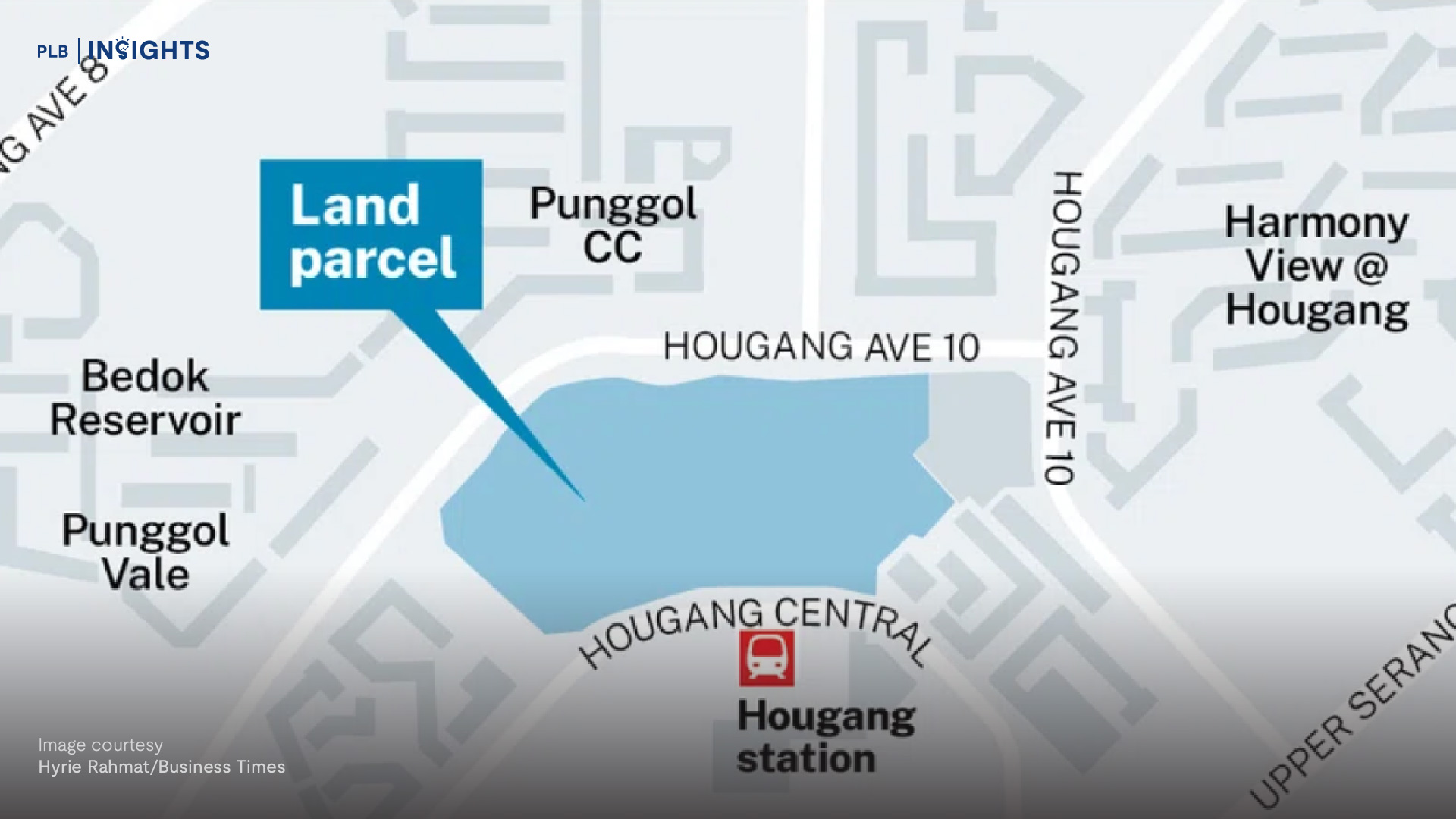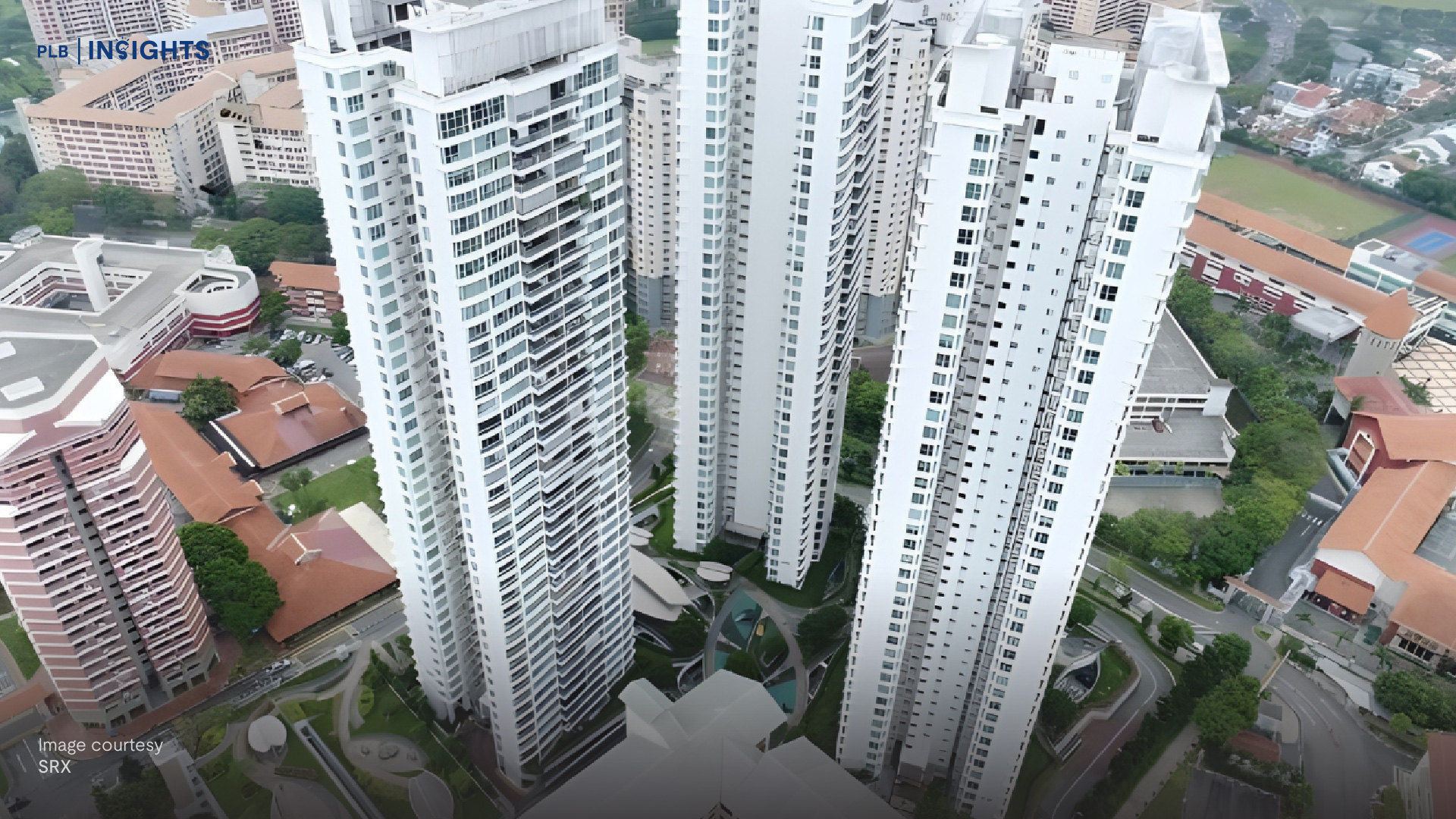
The Market can stay more irrational longer than you can remain liquid

Singapore’s resilient property market has stood witness to Singaporeans accumulating a larger wade of debt than it had before the COVID-19 pandemic.
We think it is time for home buyers and sellers to meticulously assess their financial ability to meet a property’s obligations. Especially for those who already have heavy liabilities incurred.
All-Time Highs even in a Pandemic


New Launch Private Homes Sales have reached all-time highs year on year and has outpaced Singapore’s Gross Domestic Product (GDP) growth before adjusting for inflation.
Although seemingly under control, the pandemic will remain a constant source of substantial uncertainty, as the situation is ever revolving with new variant outbreaks such as the recent OMICRON variant.
The COVID-19 pandemic has had a unidirectional seismic impact on the global economy, which is especially felt in Singapore, a significant business and financial hub that relies quite significantly on its economic openness.
Although it has benefitted us tremendously in Singapore’s race in becoming an economic powerhouse, it has become a double-edged sword as we have been forced to confront challenges on the economic front due to the adverse effects of the COVID-19 pandemic on a magnified scale.
Imminent Inflation rate hike
It is also evident that the pandemic has insidious reach on significant economies, and in turn, ours.
In major economies such as the USA and Europe, consumer prices are already growing at their fastest pace in decades.


(Do take note that the definitions of CPI for the US and European Union are different)
With prolonged supply chain disruptions contributing to higher inflation this year and declining jobless rate on track to accelerate taper (unemployment rate in the US has fallen to 4.2% compared to 4.6% in October).
The Fed officials are making plans to accelerate the process of ending the pandemic-era stimulus program at their policy meeting on December 14th, taper bond-buying by March instead.
This tapering refers to the gradual slowing down of purchases of securities and bonds — a slowdown that, the Fed says, will begin at some point soon. This, in turn, will increase long-term inflation rates, ultimately affecting mortgage interest rates in Singapore.
MAS’s Financial Stability Review 2021 Summary
Although short-term debt has fallen, there has been an increase in larger housing loans amidst the resilient property market.
The MAS advises that households exercise restraint when taking significant new loan commitments and build buffers against further financial stresses, especially as interest rates are expected to gradually rise.
Why Rising Mortgage Debt Alarms Policymakers
Although real estate has been one of the best-performing assets that remained buoyant even in times of a pandemic, this could soon change with the imminent wave of retraction of fiscal and monetary policies, which will occur not just in Singapore, but globally.
These changes in policies will likely result in higher interest rates and thus contribute to higher mortgage payments.
The major consensus is that a sharp correction in real estate asset prices could diminish household wealth.
The Silver Lining in MAS FSR 2021 Report

The MAS does not believe that overall household debt is at dangerously high levels.
The proportion of non-operating loans (NPL) is in line with the 10-year historical average. Also, interest rates are not expected to rise immediately — meaning that we should have the runway to make any necessary adaptations in our financial obligations to accommodate the imminent rise in interest rates.

Household Leverage Debt levels in Singapore Households



Household debt refers to all liabilities of households that require payments of interest and/or principal by households to the creditors at a fixed date in the future.
Debt is calculated as the sum of the following liability categories: loans (primarily mortgage loans and consumer credit) and other accounts payable.
As seen in the above figure, although Household debt remains elevated, it has stabilised recently; this is a result of more and larger mortgages being taken up by households.
The higher leverage stems from an increase in housing loans coinciding with a buoyant private residential market over the past year.
So could this be the start of a property crash/bubble
The closest example of a housing property bubble that burst was the financial crisis of 2007-2008. Caused by a complex series of interweaving reasons, with the root cause being cheap credit and lax lending standards.
This resulted in an upward spiral in home prices as borrowers took advantage of low mortgage rates, and many of these loans were subprime — meaning that the borrowers could not actually afford them, putting the loans at high risk of default
As interest rates started to rise and homeownership reached a saturation point, real estate prices began to drop, and people began to default on their mortgages. Financial institutions were left holding trillions of dollars worth of worthless investments in subprime mortgages.
Would we ever see such a thing happening again, or would we see this happening in a Singaporean context?
The Singaporean Government has definitely used this historical piece of financial housing catastrophe as a learning point to prevent such situations from happening in our financial market.
Although many of us may complain that the Government is a stickler for rules which has impeded Singaporeans from buying their “dream” homes. Policies such as Total Debt Servicing Ratio(TDSR), Mortgage Servicing Ratio (MSR) and Loan-To-Value (LTV) are precisely the reasons why such a catastrophic situation is prevented.
Furthermore, the Monetary Authority of Singapore (MAS) said it would remain vigilant to rising home prices even though the property market was not “overheated”. As we have experienced, they have been relatively responsive in these situations, having come up with multiple rounds of cooling measures such as revisions of Buyer’s Stamp Duty (BSD) and Additional Buyer’s Stamp Duty (ABSD), with the last one occurring in 2018. In fact, they have just recently introduced a new round of cooling measures at the time of writing!
As Mr Menon, Managing Director of the Monetary Authority of Singapore has said, “a prolonged divergence between prices and incomes is unsustainable from a market stability perspective and undesirable from a housing affordability perspective”.
How will rising interest rates impact property prices
So how will the rise in interest rates impact property prices?
Some banks in Singapore are already raising the interest rates on their existing fixed rate packages in expectation of an imminent higher interest rate environment. This should not come as a surprise as most fixed interest rate packages will have a lock-in period for the next one to five years which we would expect the hike to take place within this window.
Ultimately, most households should prepare to pay higher interest rates on their mortgages moving forward and ensure that there is enough budget for higher home loan repayments in the coming years.

According to Singstat, the average household income in 2020 is SGD$10,608.
Assuming the following:
-
home price of $1.2million
-
LTV: 75%
-
Tenure: 30 years
-
Income of SGD$10,608
According to our findings, an average household in Singapore can afford to pay their mortgage payments even if we were to experience higher interest rates. However, at higher mortgage rates, the average borrower would likely be exceeding the new TDSR threshold limits just introduced on 16 December 2021, which we covered here!


This finding is supported by the fact that both the average ratio of net cash to debt per household and the average ratio of net cash + CPF holdings to debt per household has been steadily increasing over the years and shows no sign of weaning off. In other words, more Singaporean Households have increasing disposable income and thus have greater financial capability to purchase higher quantum houses in Singapore (utilising their CPF holdings).
Although an inflation rate hike may not be an immediate worry yet, it is still an excellent notion to keep at the back of your mind when considering your future or even current mortgage payments.
What does this mean for Home-Owners, Home Sellers and Home Buyers
So should we still be worried if we are expected to be still able to pay off our mortgages in a higher interest rate environment?
In light of such news, it is still probably a good time to revisit your financial obligations towards your mortgages.
We would recommend to re-test your TDSR, MSR, LTV ratio in a stress test with higher interest rates when calculating the respective components to ensure you’re able to finance your mortgage payments even when the inflation rate hike does inevitably take place.
One can never be too cautious, especially when the market can stay longer and more irrational than one can remain liquid.
What is Total Debt Servicing Ratio

The TDSR is calculated by taking your total monthly debt payments as a percentage of your total monthly income, as seen from the figure above. A buyer’s TDSR is capped at a maximum of 55% of the borrower’s monthly income (according to the new regulations that came in on 16 December 2021). In other words, The TDSR limits the amount you can borrow by dictating your maximum monthly loan quantum through ensuring monthly debt obligations account for less than 55% of your monthly income.
Total monthly debt obligations include property-related loans, any loans being applied for such as car loans, student loans, renovation loans, credit card loans, and any other secured or unsecured loans.
Depending on the exact nature of each loan, different interest rates from 3.5% to 4.5% – which are well above historical rates – are also applied to make the calculation more conservative.
For more information about calculating TDSR do head over to the MAS website here!
What is Mortgage Servicing Ratio
The mortgage servicing ratio (MSR) refers to the portion of a borrower’s gross monthly income that goes towards repaying all property loans, including the loan being applied for, which is capped at 30% of a borrower’s gross monthly income.
This is only applicable to housing loans for the purchase of an HDB flat, or an executive condominium where the minimum occupation period of the executive condominium has not expired.
What is Loan to Value Ratio
LTV is the loan amount compared to the property value and is not a constant value. The LTV puts a cap on the amount of loan you can obtain against your property’s price.
For more information about the LTV ratio, head over to the MAS website here.
New Cooling Measures announced on December 15, 2021
This time around, the cooling measure was released near midnight. Hence, buyers could not rush to show flats in a bid to avoid these changes, like what happened in the past.
These measures will apply to all residential property transactions with options to purchase granted on or after 16 December 2021. Those with existing property loans granted before will not be affected by the revisions.
Here’s a summary of the changes that will be affecting your TDSR, LTV and ABSD!
-
Tightening of Total Debt Servicing Ratio Threshold (TDSR)
The TDSR threshold will be clamped down by 5%, from 60% to 55%
-
Higher Additional Buyer’s Stamp Duty (ABSD)
-
Reduce Loan-To-Value (LTV) Limit for HDB granted loans
LTV for HDB granted loans will be reduced from 90% to 85%. This reduces the maximum amount homebuyers can borrow from HDB. However, loans obtained from financial institutions to purchase HDB flats remains unchanged at 75%.

Fixed vs Floating Interest Rate Mortgage Loan Packages
Another area that you should also look into is your type of loan package. Should you be taking up fixed or floating interest rate packages?
Fixed Interest Rate mortgages have interest rates pegged to the bank’s fixed deposit rates. The respective banks solely determine these rates and are not pegged to any market index (such as SIBOR or SORA).
Although typically higher than floating rates, this is the trade-off for having stability in interest rates as the mortgage will have a locked-in rate for the duration of the lock-in period and will not change regardless of market conditions.
However, this would also mean that you would be “locked into” the bank you are borrowing from and the interest rate you signed off on.
Floating Interest Rate mortgages have their interest rates pegged to a fluctuating index. The most common index rates are the SORA, SIBOR and SOR rates.
Most current Floating Interest Rate Packages are pegged to the SIBOR index. However, this would be phased out eventually by 2024. If you are currently subscribed to a SIBOR-pegged loan, you will eventually be switching to a SORA-pegged loan once your loan period ends.
Currently, one can choose between a 1-month compounded SORA or a 3-month compounded SORA. This means that your interest rate will respectively fluctuate either monthly or quarterly.
It might be a good idea to take advantage of the current low-interest-rate environment by locking in on a low-interest rate through a fixed interest rate package if you are currently on a floating interest rate mortgage.
Conclusion
With the ever-changing financial market environment, it is always a good practice to keep your financial obligations in check and make any necessary obligations before things become dire.
Hopefully, this article has been informative and helps you gauge what to expect in the coming months and shed some light on the actionable steps people can take in response to this news.
It would be highly beneficial for home buyers and sellers to consult a professional for liability affordability. Through which they can give you first-hand industry insight to stress-test your financials for you. Finding the ideal property that fits your criteria while still being something you can comfortably afford for years to come!
Do reach out to our PropertyLimBrothers Buyers’ Consult team. Click here to contact us now!
Want to find out if age affects your mortgage loan for your next home? We delve into that in our insights article here!
Interested in finding out the critical factors in considering if you should buy a property to rent out? We delve into that in our insights article here!
To check out our Investors Series Season 1, click here! And for Investors Series Season 2, click here!









